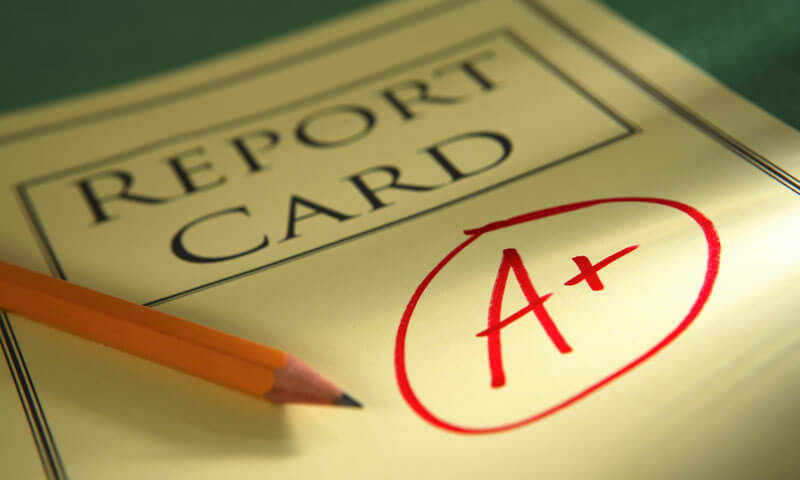Summary: Despite their attempts, a federal judge ruled that the attorney general has the right to obtain information on donors of charities, as long as the information stays confidential.
Citizens United, a conservative advocacy group, tried to stop New York Attorney General Eric Schneiderman from being allowed to request lists of the major donors of the charities. A Manhattan federal judge rejected their attempt.
Scheiderman created a policy three years ago that requires New York charities to provide the names of contributors and amounts that they give when they are donating over $5,000. This information is normally given to the IRS as a confidential “Schedule B” form with their 990 Form returns.
Last year Schneiderman notified the group that they didn’t include their Schedule B form in their 2011 annual filing. They filed a suit claiming that the policy infringed on their First Amendment rights of freedom of speech and association and violated due process.
Judge Sidney H. Stein disagreed with the group, stating that policy allowed the attorney general to investigate major donor information with documents from other charities in order to discover possible violations and unlawful charities. He continued by saying that there is no risk of the information being made public as the IRS and attorney general are required to keep the donor information confidential.
The attorney general, in a statement, said “the public deserves to know that we have the tools to ensure that charitable funds are properly used and can take action against dishonest fundraisers and solicitors”.
David Bossie, president of Citizens United, is satisfied that the judge mentioned that donor information has to remain confidential.
New York requires all charities, except religious ones, to be registered with the attorney general’s office so that they can monitor that no charities are violating state charities law.
Photo: wikipedia.org













































